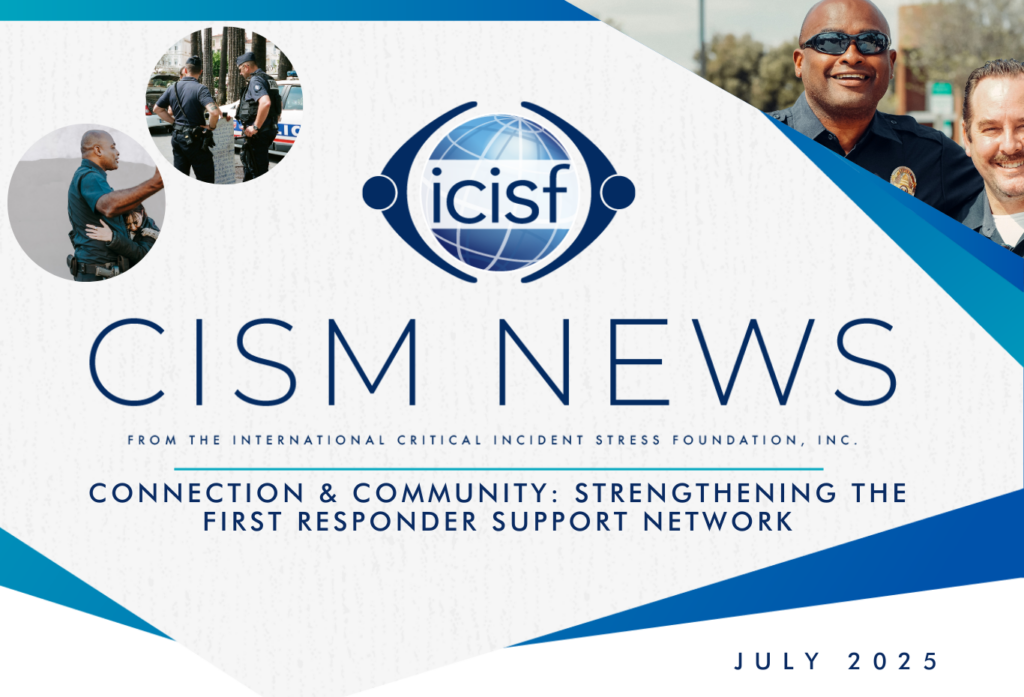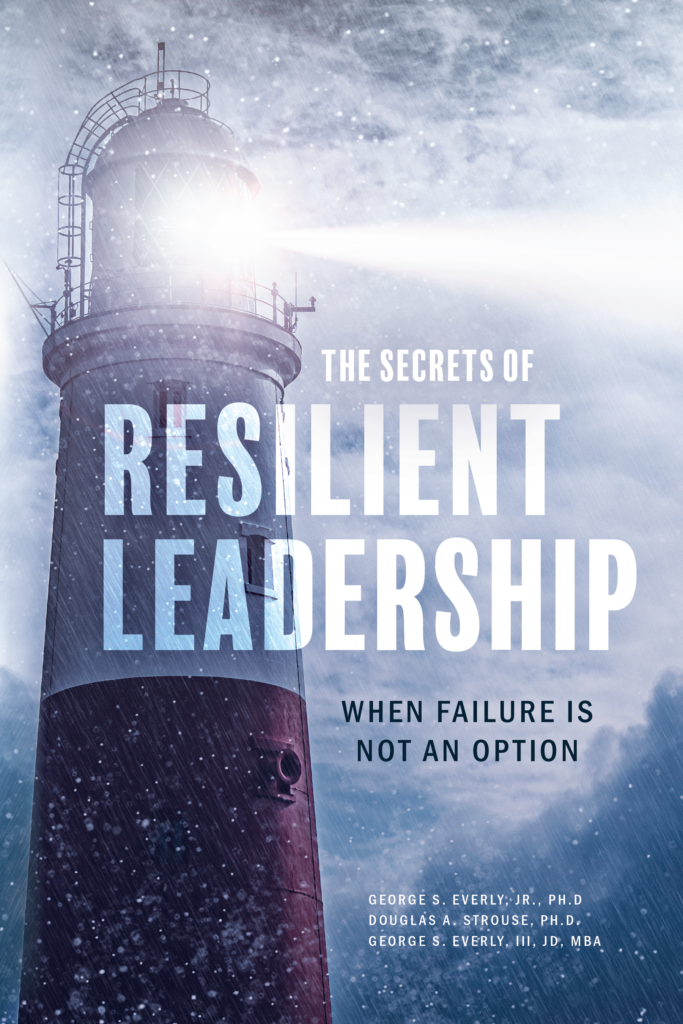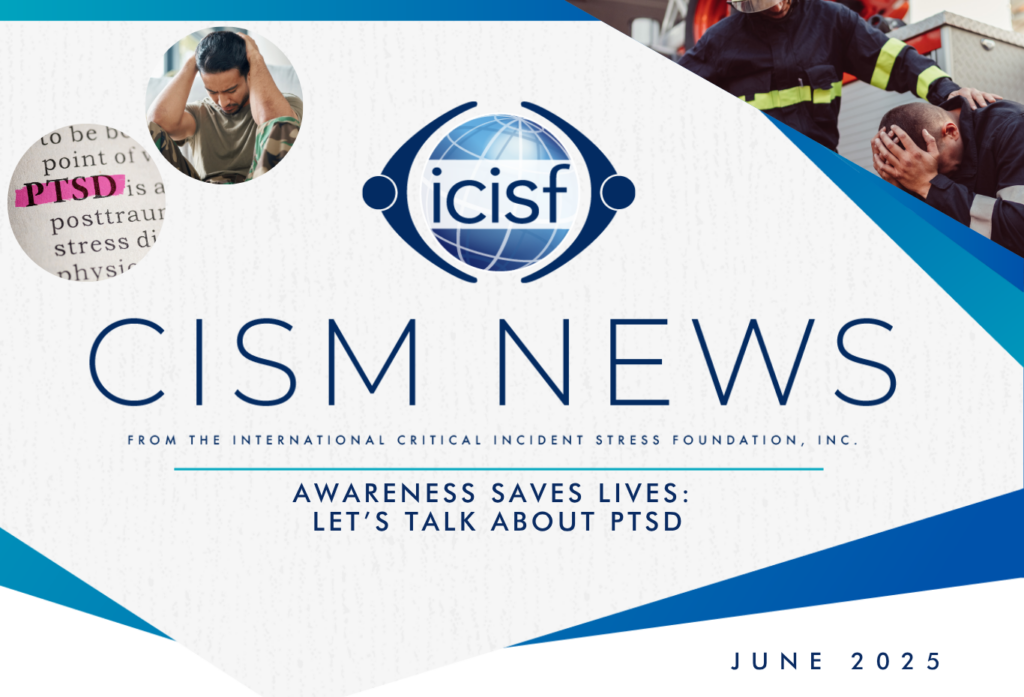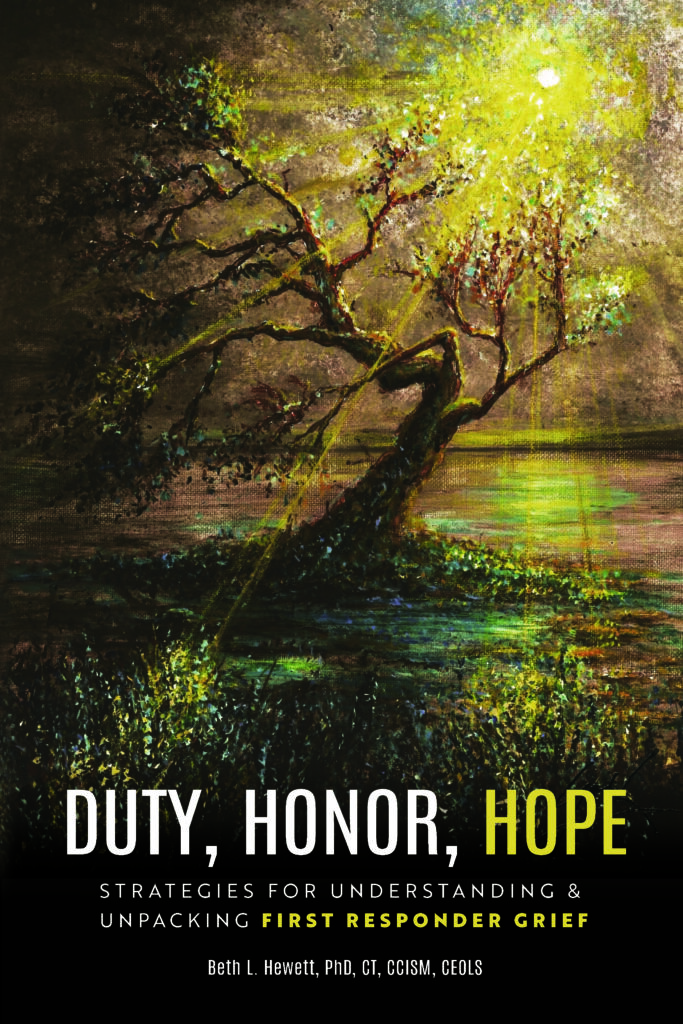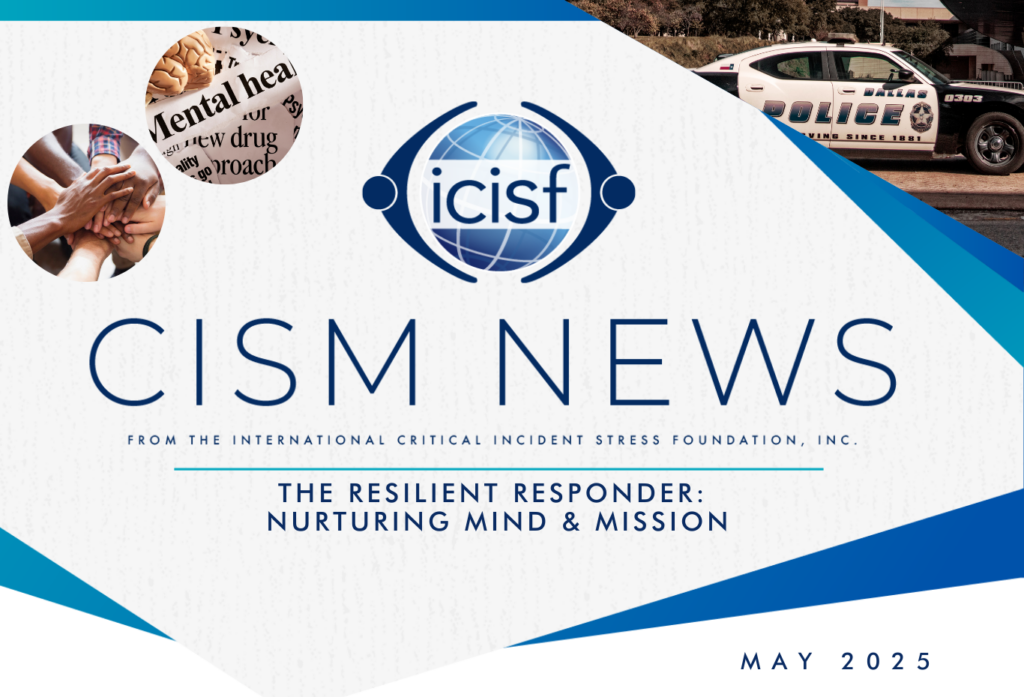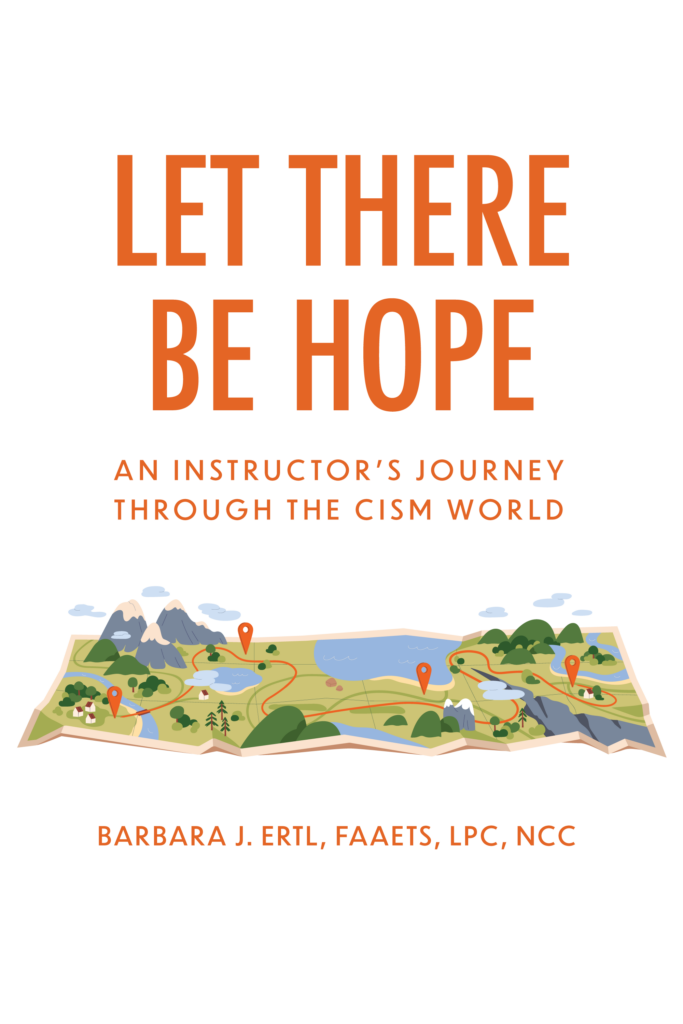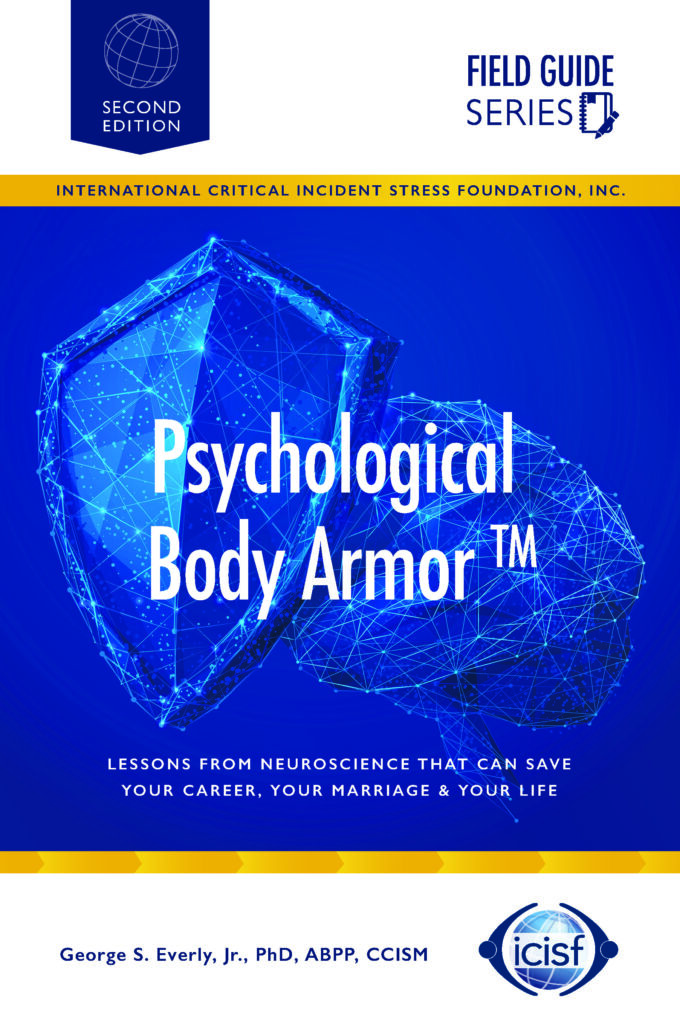FOR IMMEDIATE RELEASE
August 1, 2025
Media Contact:
Kelly Hall | 443-325-5218 | [email protected]
Charleston Southern University and ICISF Launch Premier University-Based Pastoral Crisis Intervention Certification
CHARLESTON, S.C. – Recognizing the profound value of integrating psychological crisis intervention principles with spiritual and religious contexts, the Charleston Southern University (CSU) Center for Chaplaincy has proudly partnered with the International Critical Incident Stress Foundation, Inc. (ICISF) to offer a groundbreaking certification in Pastoral Crisis Intervention.
This collaboration marks a significant milestone, as it establishes the only university-based certification for pastoral crisis intervention. Charleston Southern University will serve as the credentialing agent for the continuing education units (CEUs) associated with the program. Upon successful completion, individuals will receive certification valid for five years, with a recertification exam available thereafter.
Chaplain Monty Self, director of the CSU Center for Chaplaincy, emphasized the importance of this new offering: “Pastors and others such as chaplains and pastoral counselors working in the faith-based tradition should consider certification to aid them in supporting people dealing with emergencies, illness, and other crises.”
Rick Barton, CEO of the International Critical Incident Stress Foundation, echoed this sentiment, stating, “Our partnership with Charleston Southern University provides a powerful opportunity to help chaplains and other people who offer spiritual support during times of traumatic crisis. We are very proud to work in partnership with the University.”
Those seeking certification will participate in a two-day course conducted by ICISF as a pre-requisite. Following the attendance of the course, candidates will take the Certification of Pastoral Crisis Intervention Examination, which is sponsored and endorsed by Charleston Southern University.
To register for the pre-requisite course offered by the ICISF, visit icisf.org/pastoral-crisis-intervention-psychological-and-faith-based-crisis-intervention. To begin the certification process, please visit https://icisfcertifications.org/cpci/.
###
About Charleston Southern University: Founded in 1964 in the heart of the Charleston metro area, Charleston Southern University is a private, Christian liberal arts university. With an enrollment of nearly 3,500 students, CSU offers more than 80 academically rigorous and faith-integrated undergraduate, graduate, and doctoral programs. Charleston Southern has been recognized by U.S. News & World Report as #39 nationally for Best Online Bachelor’s Programs and #22 for Best Online Bachelor’s Programs for Veterans. Students can learn online or in a traditional classroom setting, all while discovering their pathway to purpose.
About ICISF: The mission of the ICISF is to be the leader in providing education, training, consultation, and support services in comprehensive crisis intervention and disaster behavioral health services to emergency responders, and other professions, organizations and communities worldwide.

